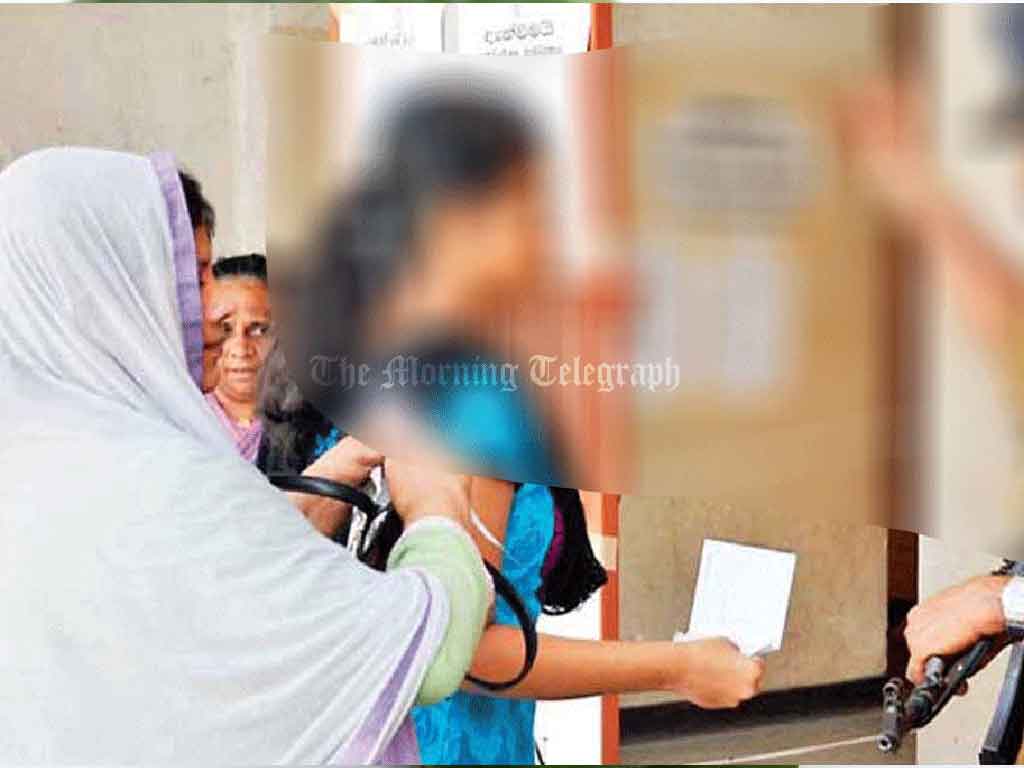
The National People’s Power (NPP) has suffered notable defeats in the recent cooperative society elections held in Kelaniya and Angunukolapelessa, marking a significant setback for the party at the grassroots level.
Kelaniya Cooperative Elections
In the Kelaniya Cooperative elections, the group backed by the Samagi Jana Balawegaya (SJB) secured a decisive victory, winning 99 out of the available seats. In contrast, the NPP-supported group managed to win only 32 seats, highlighting the SJB’s strong influence in the region. The Kelaniya Cooperative Society elections have long been considered a critical indicator of political influence within the area, and the results demonstrate the NPP’s struggle to garner widespread support.
Angunukolapelessa Cooperative Elections
In Angunukolapelessa, an independent group claimed victory, receiving 143 votes, while the NPP-backed group fell short. This defeat underscores the increasing challenge the NPP faces in mobilizing support in rural areas, where local dynamics and independent candidates often dominate cooperative elections.
These election results are seen as a blow to the NPP’s grassroots momentum and its efforts to expand its influence in local governance structures. Cooperative societies play a vital role in rural and semi-urban economies, serving as hubs for financial and social activities. Securing leadership positions in these societies is often a stepping stone for broader political success.
Political analysts suggest that the NPP needs to reevaluate its strategies to connect with voters at the grassroots level and counter the influence of well-established political parties and independent groups.
The defeats in Kelaniya and Angunukolapelessa highlight the uphill battle the NPP faces as it seeks to establish a stronger foothold in Sri Lanka’s local political landscape.




